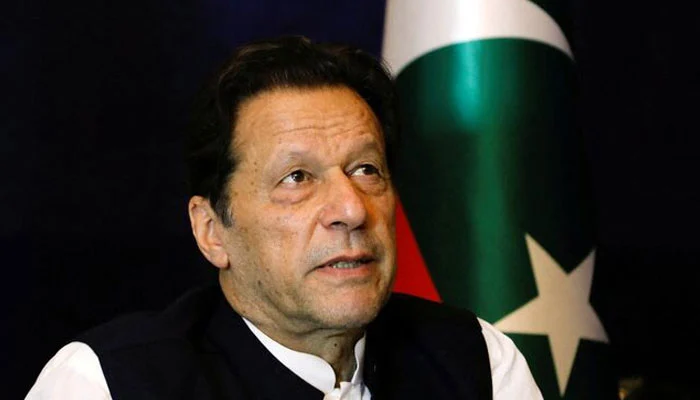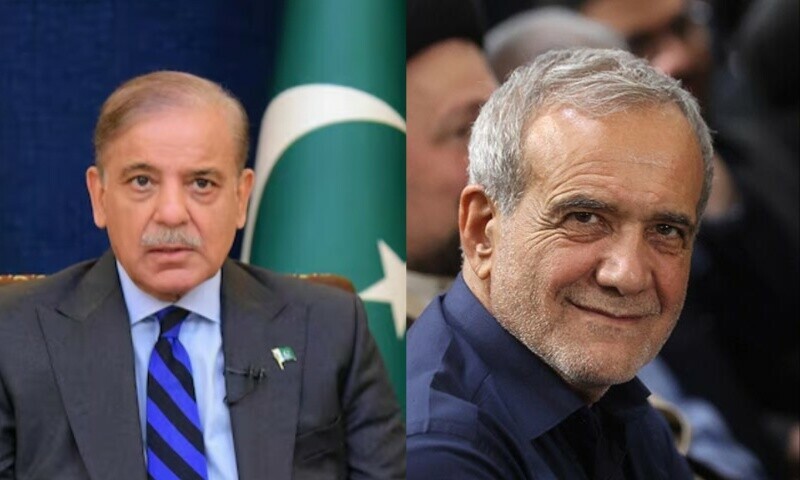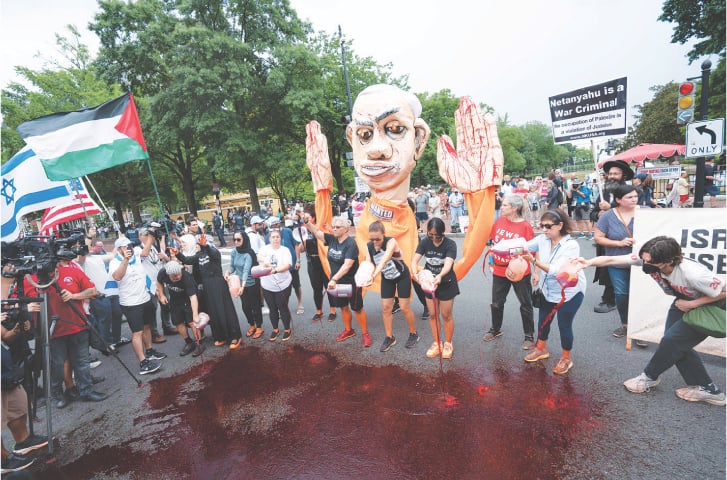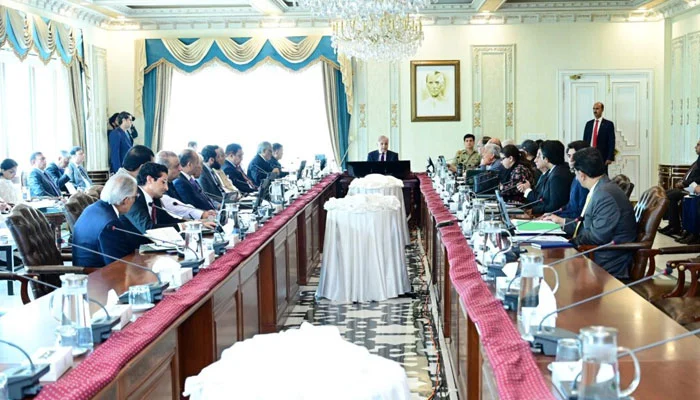
The Supreme Court ruled that Sidhu “intentionally caused hurt” to Gurnam Singh, who was 65, resulting in his death in the incident in 1988.
The former MP was acquitted of the more serious charge of manslaughter in 2018 – that still stands.
But the jail sentence is a serious setback for his political career.
Sidhu recently resigned as the Congress party’s chief in Punjab after his party was wiped out in state assembly elections.
He has limited legal options left as he can appeal against the ruling only once in the form of a curative petition.
The case timeline
Sidhu was first accused of manslaughter in 1988 when a 65-year-old man died hours after an argument with him in Patiala.
He was India’s opening batsman at the time and a rising star in his fledging international cricket career.
The case continued to be heard in a trial court. In 1999, the court acquitted Sidhu.
The state appealed against the acquittal in the high court, which convicted him for manslaughter in 2006. This forced him to resign from his parliamentary seat of Amritsar as Indian laws do not allow convicted individuals to be public representatives.
He appealed against the verdict in the Supreme Court which stayed the conviction, allowing him to retake his seat in a by-election. In 2018, the top court acquitted him in the manslaughter case, but found him guilty of “hurting the victim” and asked him to pay a fine of 1,000 rupees ($13; £10).
The victim’s family appealed against the ruling and on Thursday, the Supreme Court added a one-year sentence to the fine.
Who is Navjot Singh Sidhu?
Sidhu is one of India’s most successful Test cricketers. Known for his stylish and powerful stroke play, he thrived in particular against fast bowlers, but also held equal command over playing spin skilfully.
He scored 3,202 runs at an average of 42 in 51 Test matches. He also played 136 ODIs and scored 4,413 runs. He retired from all forms of cricket in 1999 and after four years, he joined the Bharatiya Janata Party (BJP) and became an MP. Over the years, he rose to become a prominent party leader and a star campaigner.
In the next decade, he also managed to launch a successful career as a cricket commentator and also as a TV personality on comedy shows. His witty and sharp style made him popular as a commentator.
But he became disgruntled with the BJP after reportedly not getting any important job in the government despite the party’s landslide win in the 2014 general elections.
He quit the BJP in 2016 and joined the Congress, where he rose to become the chief of its state unit in Punjab.






